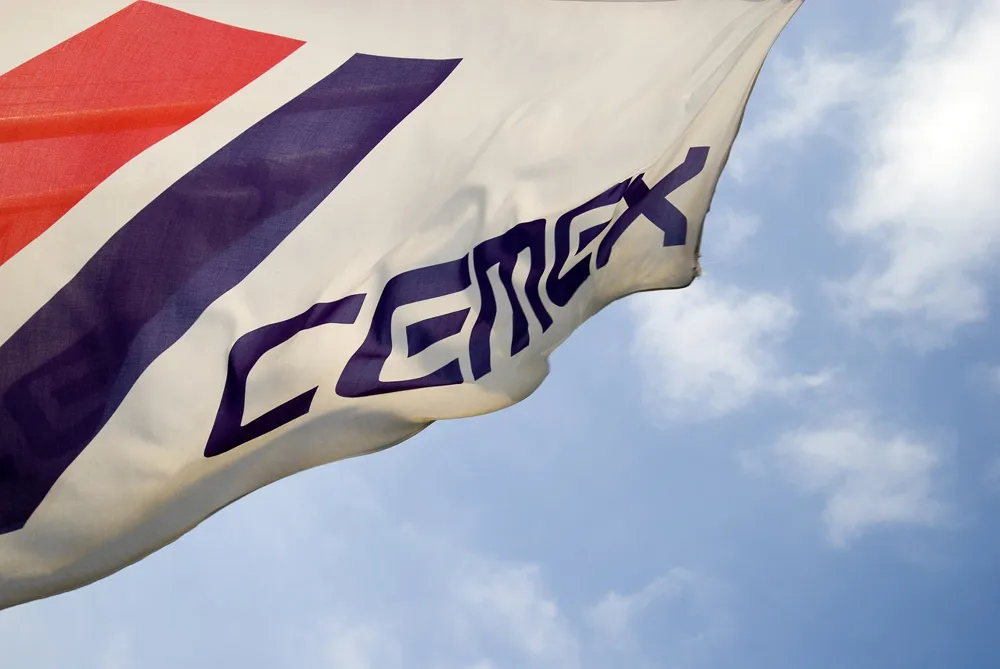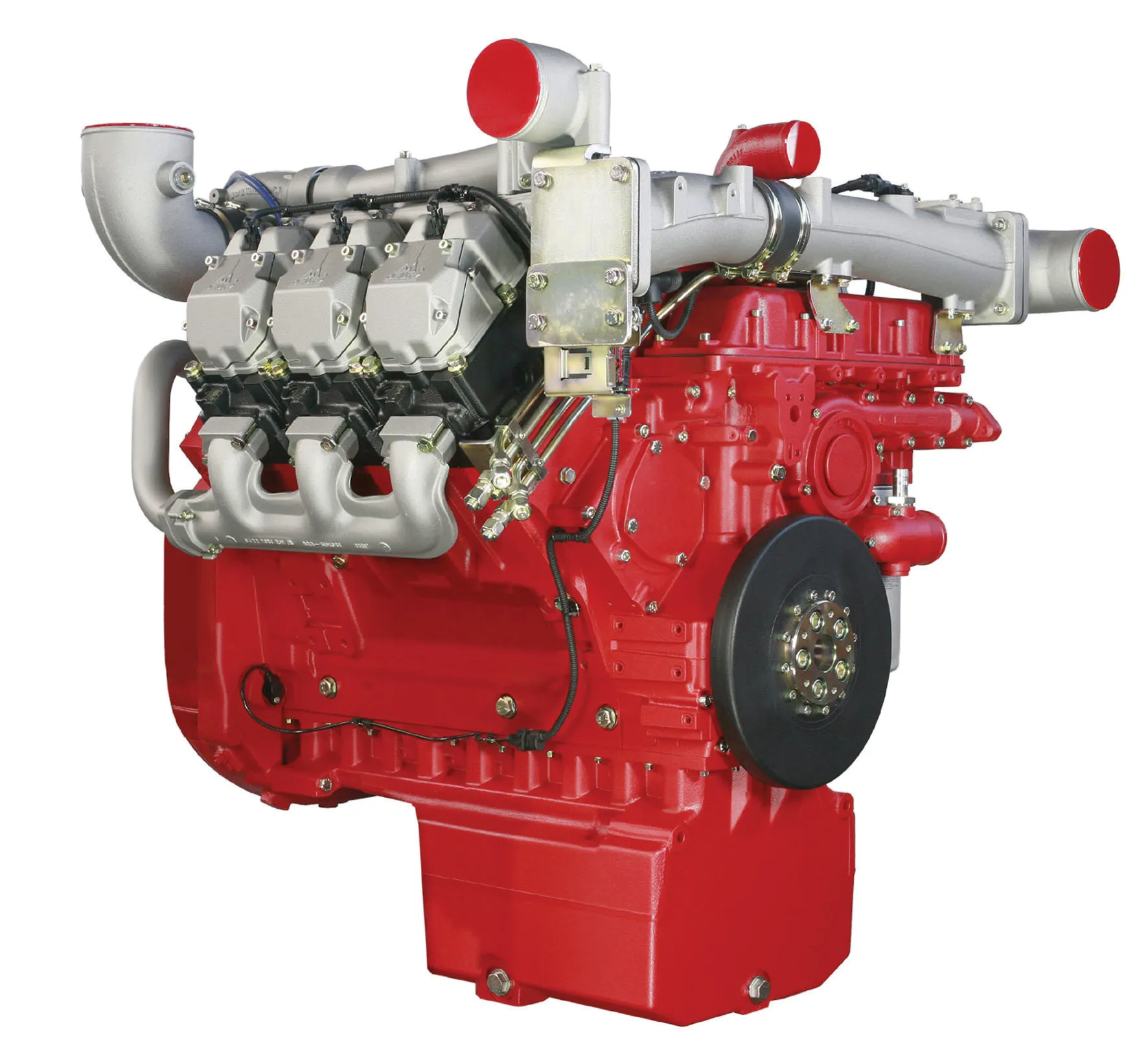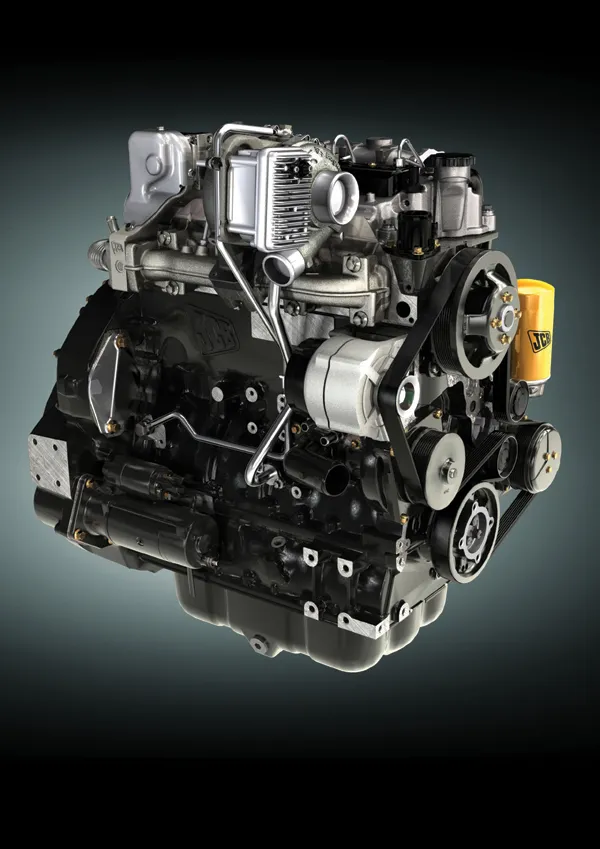
The building materials giant says the investment has seen it achieve significant reductions in emissions that impact air quality.
CEMEX has introduced international standards consistent with the world's strictest emissions regulations throughout its operations. As a result, by the end of 2019, the producer claims to have achieved significant emissions reductions when measured against its 2005 baseline, the year when the company initiated its investments to improve its air quality.
As of December 31, 2019, CEMEX says it has reduced dust emissions by approximately 90%, sulphur emissions (SOx) by almost 60%, and nitrogen oxides (NOx) by close to 50%.
"Currently, 95% of our cement plants have an ISO 14001 certification, which confirms our commitment to the most rigorous environmental standards, while 97% of our production facilities have already implemented a continuous monitoring system for the principal air pollutants," said CEMEX CEO Fernando Gonzalez.
"These systems are designed to allow us to adjust in real-time, seeking to ensure that we always comply with the limits established under the world's strictest regulations. The COVID-19 pandemic reminds us once again of the importance of clean air and blue skies to our health and well-being. This explains our commitment to continue investing in mitigating our emissions in every one of our operations in the world."
CEMEX made the announcement on investment in the same week that the United Nations held (on September 7) its first "International Day of Clean Air for Blue Skies" to highlight the dangers from air pollution and urge greater efforts to combat it.









